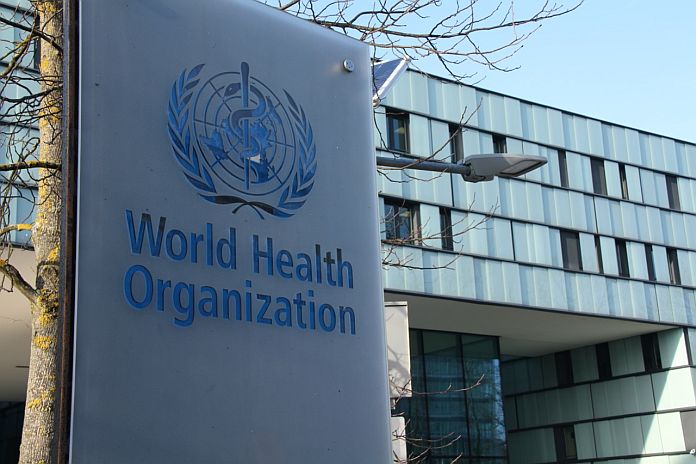GENEVA, Switzerland – Two new companion reports released Monday by the World Health Organization (WHO) provide the first global recommendations to help establish human genome editing as a tool for public health, with an emphasis on safety, effectiveness and ethics.
The forward-looking new reports result from the first broad, global consultation looking at somatic, germline and heritable human genome editing. The consultation, which spanned over two years, involved hundreds of participants representing diverse perspectives from around the world, including scientists and researchers, patient groups, faith leaders and indigenous peoples.
“Human genome editing has the potential to advance our ability to treat and cure disease, but the full impact will only be realized if we deploy it for the benefit of all people, instead of fueling more health inequity between and within countries,” said Dr Tedros Adhanom Ghebreyesus, WHO director-general.
Potential benefits of human genome editing include faster and more accurate diagnosis, more targeted treatments and prevention of genetic disorders. Somatic gene therapies, which involve modifying a patient’s DNA to treat or cure a disease, have been successfully used to address HIV, sickle-cell disease and transthyretin amyloidosis. The technique could also vastly improve treatment for a variety of cancers.
However, some risks exist, for example, with germline and heritable human genome editing, which alter the genome of human embryos and could be passed on to subsequent generations, modifying descendants’ traits.
The reports published today deliver recommendations on the governance and oversight of human genome editing in nine discrete areas, including human genome editing registries; international research and medical travel; illegal, unregistered, unethical or unsafe research; intellectual property; and education, engagement and empowerment. The recommendations focus on systems-level improvements needed to build capacity in all countries to ensure that human genome editing is used safely, effectively, and ethically.
The reports also provide a new governance framework that identifies specific tools, institutions and scenarios to illustrate practical challenges in implementing, regulating and overseeing research into the human genome. The governance framework offers concrete recommendations for dealing with specific scenarios such as:
- A hypothetical clinical trial of somatic human genome editing for sickle cell disease proposed to take place in West Africa;
- Proposed use of somatic or epigenetic genome editing to enhance athletic performance;
- An imaginary clinic based in a country with minimal oversight of heritable human genome editing that offers these services to international clients following in vitro fertilization and preimplantation genetic diagnosis.
“These new reports from WHO’s Expert Advisory Committee represent a leap forward for this area of rapidly emerging science,” said WHO’s chief scientist, Dr Soumya Swaminathan. “As global research delves deeper into the human genome, we must minimize risks and leverage ways that science can drive better health for everyone, everywhere.”
What’s next
WHO will:
- Convene a small expert committee to consider next steps for the Registry, including how to better monitor clinical trials using human genome editing technologies of concern;
- Convene multisector stakeholders to develop an accessible mechanism for confidential reporting of concerns about possibly illegal, unregistered, unethical and unsafe human genome editing research and other activities;
- As part of a commitment to increase ‘education, engagement and empowerment’ lead regional webinars focusing on regional/local needs. Work within the Science Division to consider how to build an inclusive global dialogue on frontier technologies, including cross-UN working and the creation of web-based resources for reliable information on frontier technologies, including human genome editing.





